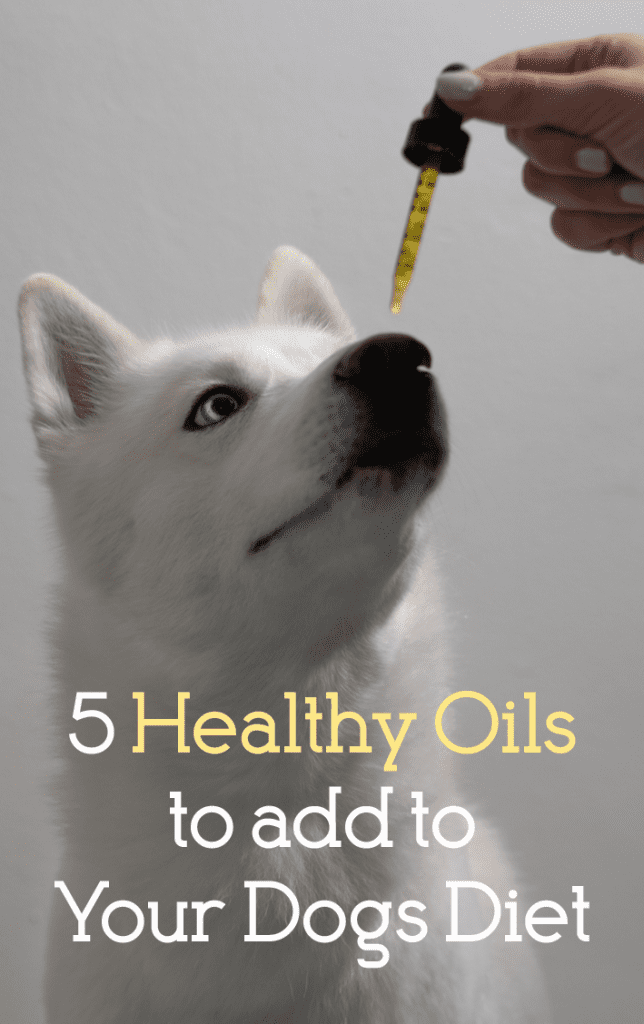Enhancing Your Dog’s Diet with Healthy Oils
As devoted pet owners, ensuring the best nutrition for our furry companions is paramount. A well-balanced diet is essential for optimal health and wellbeing in dogs, and that often includes the addition of beneficial oils.
The Importance of Nutritional Oils for Dogs
Just like humans, dogs require a variety of nutrients for their health. While standard and premium dog foods provide essential nutrients, supplementing your pet’s diet with healthy oils can offer additional health benefits. Some breeds, such as Corgis, prone to conditions like hip dysplasia, may benefit greatly from these dietary additions to improve mobility and joint health.
Top Five Healthy Oils for Your Dog
1. Fish Oil
Fish oil is renowned for its high omega-3 fatty acids content, specifically DHA and EPA. These compounds are beneficial for reducing inflammation, alleviating arthritis symptoms, and even promoting cognitive function in aging dogs. Fish oil can significantly enhance your dog’s overall health.
2. Coconut Oil
Extra-virgin coconut oil is not just a human health star; it can also assist dogs in maintaining healthy weight, boosting energy levels, and improving skin condition. Moreover, it has been shown to aid in freshening your dog’s breath.

3. Krill Oil
Krill oil, derived from small crustaceans, is a prudent alternative to fish oil, as it has lower mercury levels while still delivering ample amounts of DHA and EPA. These acids support joint and skin health, among other benefits.
4. Flaxseed Oil
Packed with alpha-linolenic omega-3s, flaxseed oil is exceptional for heart health. It helps regulate blood pressure, promotes kidney function, and fosters greater mobility in arthritic dogs.
5. Olive Oil
Olive oil, rich in antioxidants and vitamin E, is calorie-dense, making it suitable for active dogs or those needing to gain weight. While it is not a top source of omega-3s, it supports the immune system and may reduce symptoms related to diabetes and cardiovascular disease.
Potential Risks of Supplementing Oils
While healthy oils can greatly benefit your dog’s diet, moderation is critical. Excessive oil consumption can lead to weight gain and increase the risk of conditions like pancreatitis. Furthermore, a high oil intake may contribute to a deficiency in vitamin E, hence ensuring their diet includes this vitamin is essential. It’s important to note that fish oils may affect blood clotting; therefore, it’s advisable to stop supplementation at least one week before any planned surgery.
Administering Oils to Your Dog
Oils can be found in both liquid and capsule forms. Capsules may be preferable for storage; however, if you choose liquid oils, consider adding them to your dog’s food. If using capsules, you can pierce them to release the oil into meals.
Final Thoughts
The integration of quality oils in your dog’s diet can significantly contribute to their health and longevity. For personalized recommendations, always consult with your veterinarian regarding your dog’s specific needs.
Emma is a professional writer and blogger passionate about pet health and behavior. She has contributed to various animal magazines and health websites.
Liked this article? Save it for later!

This post contains affiliate links. If you make a purchase after clicking them, we may receive a small commission. The Dogington Post is committed to finding the best products for dogs and will only recommend products we trust.












